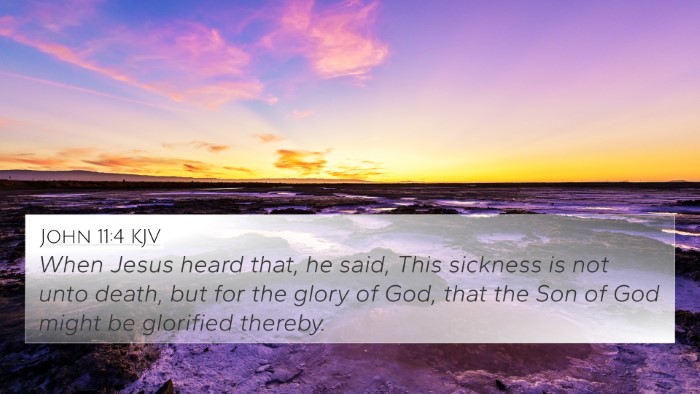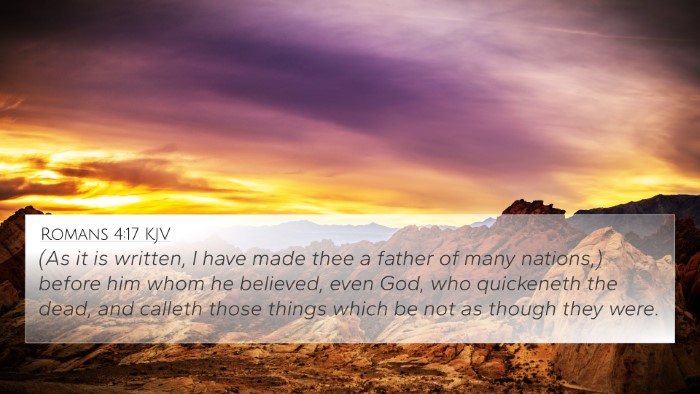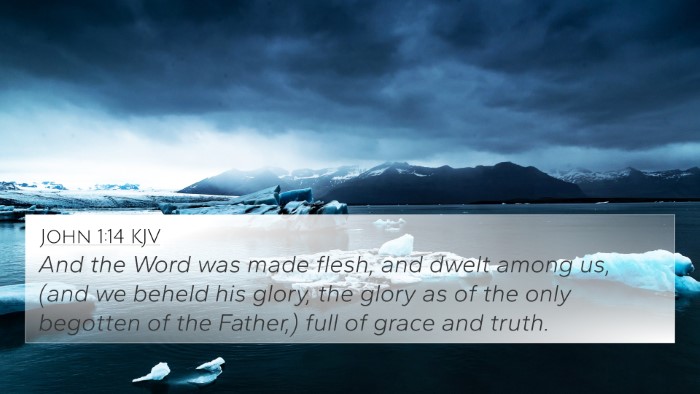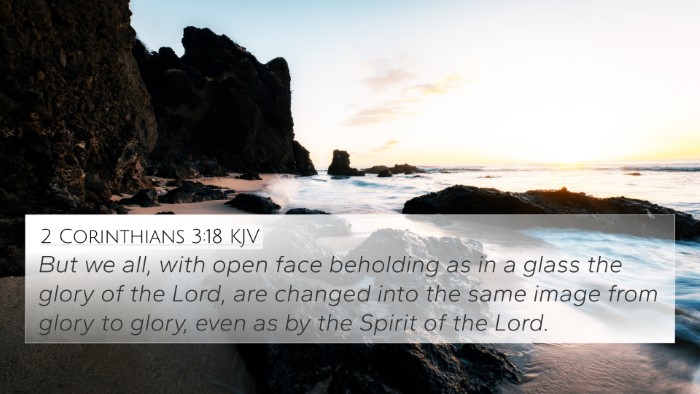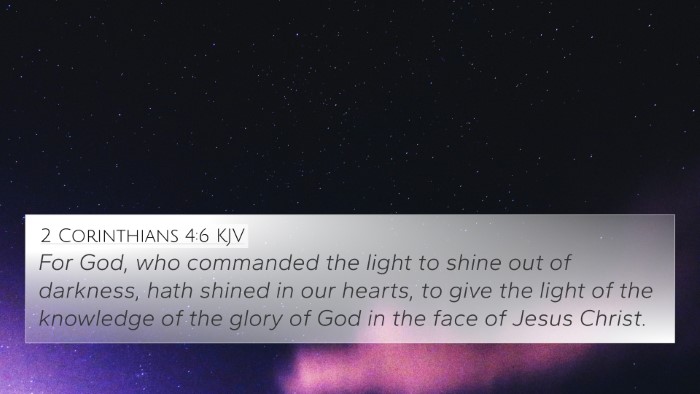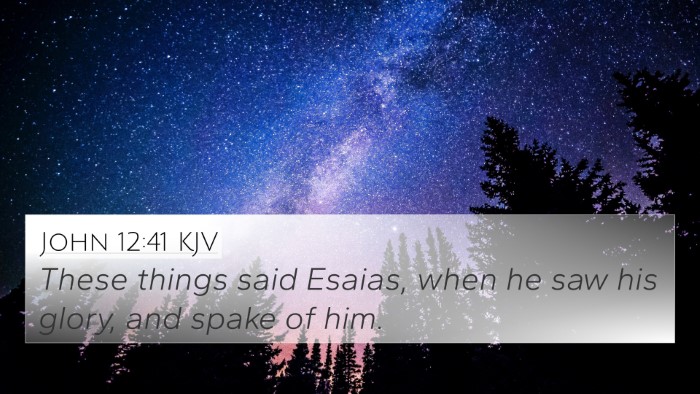Understanding John 11:40
John 11:40 states: "Jesus said to her, 'Did I not tell you that if you belief, you will see the glory of God?'" This verse is found in the context of the miraculous raising of Lazarus from the dead. It serves as a pivotal moment in the Gospel of John, encapsulating the themes of faith, divine glory, and the revelation of Christ's power over death.
Key Themes
- Faith and Belief: This verse emphasizes the necessity of faith to perceive God’s glory, underscoring the biblical assertion that belief is foundational to a relationship with God.
- The Glory of God: The term "glory" here refers to the manifest presence and power of God, which is revealed in Jesus’ miracles, particularly the resurrection of Lazarus.
- Divine Intervention: The verse points to Jesus' authority over life and death, highlighting a critical aspect of His ministry and the validation of His divine nature.
Bible Verse Cross-References
John 11:40 connects meaningfully with several other scriptures that enhance understanding of its themes:
- John 11:25-26: Jesus affirms His identity as the resurrection and the life, reinforcing the necessity of faith in Him.
- Romans 4:20-21: Discusses Abraham’s unwavering faith in God’s promises, paralleling the theme of belief leading to divine revelation.
- Matthew 17:20: Jesus teaches His disciples that faith, even as small as a mustard seed, can achieve great things, emphasizing the power of belief.
- Habakkuk 2:4: “The righteous shall live by his faith,” highlights the importance of faith in pleasing God.
- 2 Corinthians 3:18: Discusses seeing the glory of the Lord and being transformed, drawing a deeper connection to spiritual vision through faith.
- Hebrews 11:1: Defines faith as the assurance of things hoped for, pointing to the confidence required to see God’s glory.
- John 14:13: Jesus assures that whatever we ask in His name, He will do it, revealing the connection between belief and seeing God’s works.
- Philippians 4:13: “I can do all things through Christ who strengthens me,” aligns with the theme of divine capability through faith.
- Psalm 27:13: “I would have lost heart, unless I had believed that I would see the goodness of the Lord,” mirrors the sentiment of faith leading to divine revelation.
- John 1:14: “And the Word became flesh and dwelt among us, and we beheld His glory,” connects the thematic elements of seeing God’s glory through Jesus’ earthly ministry.
Interpretations from Public Domain Commentaries
Matthew Henry's Commentary
Matthew Henry emphasizes that this statement from Jesus serves as a rebuke and a challenge to Martha's wavering faith. He portrays this moment as crucial for understanding Jesus’ role in bringing forth life and faith in the presence of death.
Albert Barnes' Notes on the Bible
Albert Barnes highlights that the glory of God is often revealed through the acts of Jesus, and Martha's faith must accompany the miraculous act about to unfold. He suggests that the glory seen is often accompanied by spiritual truths that vibrate across the connections of scripture.
Adam Clarke's Commentary
Adam Clarke indicates that the glory referenced goes beyond mere physical resurrection; it speaks to the transformative power of recognizing Jesus as the Messiah. He notes that this moment is pivotal for the faith community, pointing to how the resurrection of Lazarus foreshadows Christ’s own resurrection.
Spiritual and Theological Implications
This verse challenges believers to consider the relationship between faith and witnessing God’s power. It encourages a recognition that the realization of God’s glory often requires an active belief that transcends the visible and tangible.
Conclusion
In conclusion, John 11:40 serves as a profound reminder of the power of faith and the promise of witnessing God’s glory. By understanding this verse in conjunction with other related scripture, believers can delve deeper into the interconnections of the Bible, forming a comprehensive theological stance on the importance of faith in revelation. Utilizing tools for Bible cross-referencing allows for a richer understanding of how Jesus’ statements resonate throughout the New Testament and align with Old Testament prophecies and teachings.
Practical Application for Bible Study
As you embark on your Bible study, consider the following:
- Utilize a Bible concordance to research keywords and their occurrences.
- Engage in cross-reference Bible study methods to discern connections.
- Employ a Bible cross-reference guide for deeper insights into scriptural themes.
- Reflect on the Bible verses that relate to each other as you study John 11:40.



